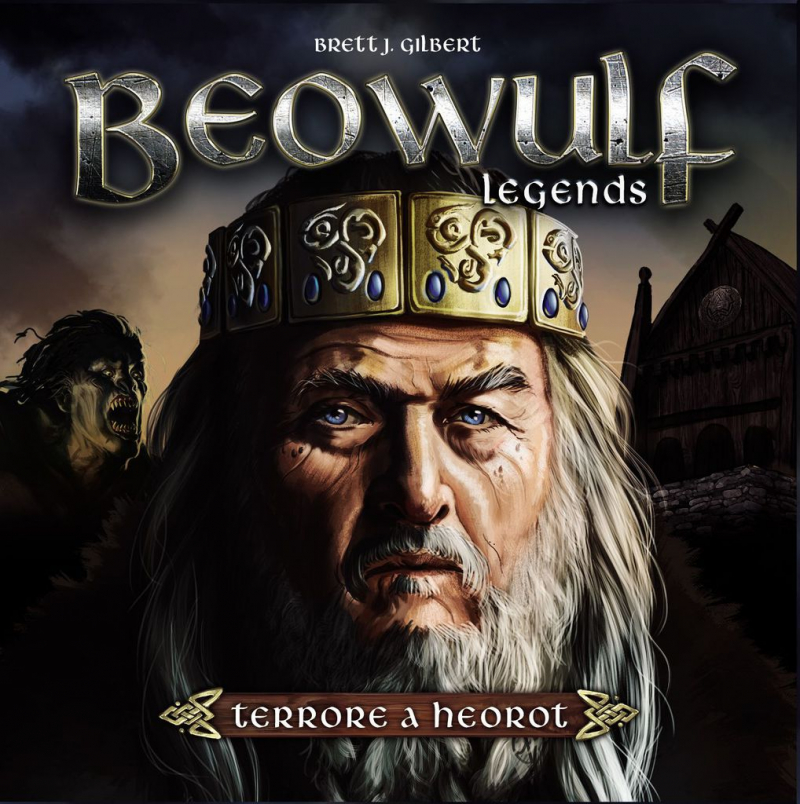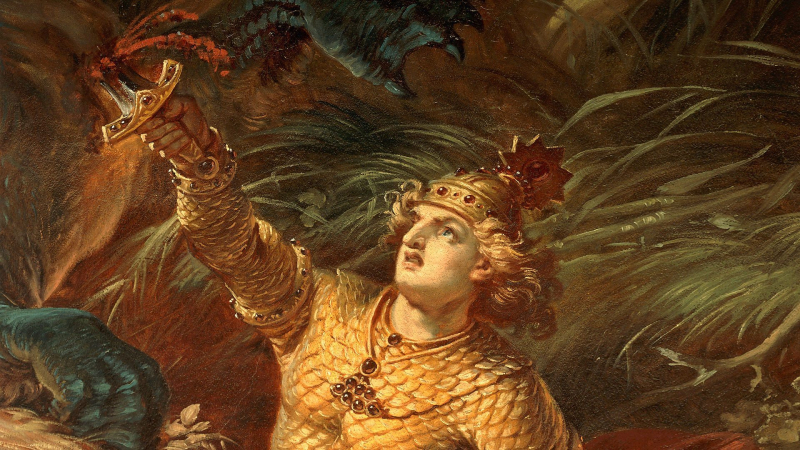Beowulf
The earliest historical version of the English language, Old English or Anglo-Saxon, is used to write Beowulf. The first European vernacular epic, Beowulf is a heroic poem and the pinnacle of Old English literature. Although the exact period of writing is unknown, some academics think that the text, which discusses events from the early sixth century, was composed in the eighth century.
The poem was originally nameless, but was eventually given the name Beowulf in honor of the Scandinavian hero, whose achievements and personality serve as its unifying motif. Although there is no proof that Beowulf existed in the past, some of the poem's characters, locations, and events can be historically confirmed. The poem wasn't published until 1815. It is preserved in a single manuscript known as the Beowulf manuscript (Cotton MS Vitellius A XV), which was written sometime around the year 1000.
Beowulf is split into two sections. It begins in Denmark, where King Hrothgar has a magnificent mead hall known as Heorot, a gathering spot with lots of fun. Grendel, a terrifying monster that lives in a neighboring swamp, is enraged by the joyful commotion, nevertheless. The creature has been terrorizing Heorot for 12 years with nightly visits during which he kidnaps and eats the warriors of Hrothgar.
Poet: Unknown
Published: c. 1000 AD












